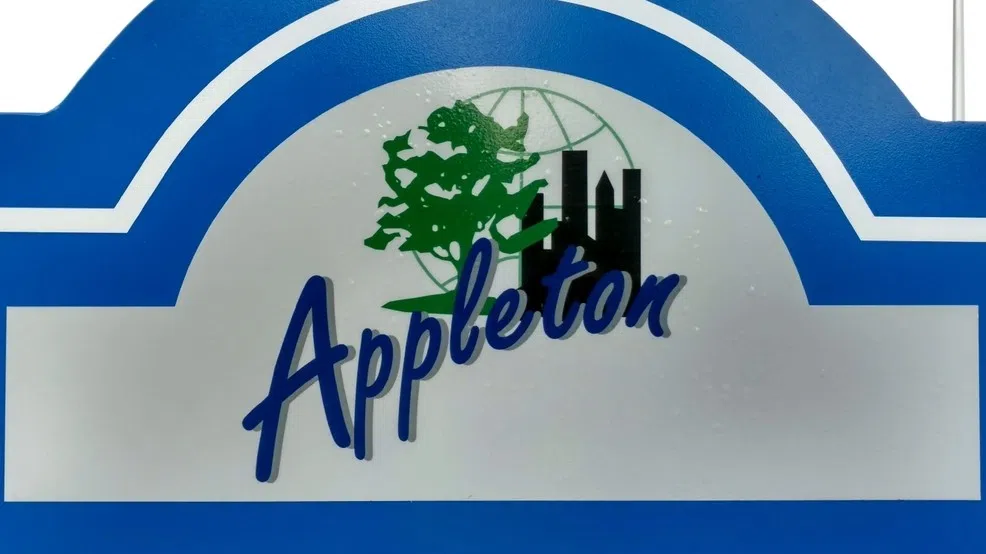
APPLETON, WI (WTAQ-WLUK) — The City of Appleton is celebrating a milestone: by the end of this year, all of the city’s lead water lines will be replaced. The last four homes with lead pipes are in the process of replacement now.
“Lead exposure is a concern for everybody, but especially young people, lead contamination, poisoning can lead to detrimental health effects and other mental health impacts for folks,” says Mayor Jake Woodford.
The use of lead water lines was banned in the 1980s, and recently, the Biden Administration set new federal regulations, ordering all lead water lines to be replaced in the next 10 years.
“There are many communities across the country that are still facing thousands, if not tens of thousands of lead service laterals, and Appleton will not be one of those,” Woodford says.
The end of this year will mark the completion of the replacement of Appleton’s public and private lead lines, the lines that bring water from the city’s water mains into your home.
They’ve been replaced with polyethylene, a plastic material, which public works director Laura Jungwirth says many communities are switching to.
“They’re intended to last at least 50 years if all goes well, we hope for the best results from that but it has seemed a very durable and corrosion-resistant material,” says Laura Jungwirth, the newly-appointed Director of Public Works for Appleton.
Lead was previously seen as a strong and resistant, but dangerous side effects developed over time. So how do we know that won’t happen with polyethylene?
“The standards have become more stringent on testing prior to installation, more than they were back when lead was put in and galvanized was put in,” Jungwirth adds. “So these materials are tested much more, but as anything, we don’t know how it’s going to age, so we will have to monitor and track our progress.”
Eliminating lead is a win, Green Bay finished replacing lead lines in 2020, and Menasha in 2023.
Another win, Appleton officials say, is avoiding the high cost of replacement for residents.
“Typically I would say about $3,000 per lateral, and we’ve been able to fund out of Safe Water Drinking loan, principal forgiveness, and ARPA dollars. We’ve been able to fund private lateral replacements thus far,” Jungwirth says.
“It’s a huge barrier for people when they have to foot the entire bill paying for that lead service line so we’ve found ways through federal grant money and the common council we allocated money from our American Rescue Plan Act funds to accelerate the replacement of lead service lines and minimize that cost for residents,” Woodford adds.
The funding breakdown is as follows:
$502,312 from the federal Drinking Water State Revolving Fund through Wisconsin DNR’s Safe Drinking Water Loan Program, $1M from ARPA funds, $523,205 from the Bipartisan Infrastructure Law for 2024, and another $618,975 for 2025.
It’s not just lead water lines, either. The city has completed the replacement of all public galvanized steel lines, too.
“The galvanized pipe is actually a steel pipe coated in zinc and as that pipe ages, that zinc layer breaks down galvanized gets exposed, it’s a steel and we end up with corrosion in the pipes,” Jungwirth explains.
The city still has just shy of 900 private galvanized lines to replace, and they’re hopeful to complete the projects over the next five years.
Mayor Woodford says it doesn’t stop there, either. The city continues to consistently do tests of the city’s water through the Wisconsin DNR to ensure safety no matter the pipe materials.





Comments